Brown Bears vs. Grizzly Bears: What's the Real Difference?
Let's set the stage: you're hiking through the vast wilderness, taking in the splendor of nature. The birds are chirping, the leaves are rustling, and suddenly—you see a massive bear! Your heart skips a beat, but then you wonder, "Wait, is that a brown or grizzly bear?" Fear not because, by the end of this blog, you'll know more about brown bears and grizzly bears than you ever thought possible!

Meet the Brown Bear Family
Before we dive into the nitty-gritty, let's get one thing straight: all grizzly bears are brown bears, but not all brown bears are grizzly bears.
Brown bears (Ursus arctos) are one of the world's most widespread and diverse bear species. They live across North America, Europe, and Asia. Within this broad category, there's a subspecies known as the grizzly bear (Ursus arctos horribilis). The grizzly is the rugged cousin of the brown bear, typically found roaming the wilds of North America, particularly in Alaska and western Canada.

The Grizzly's Gritty Reputation
The grizzly bear has earned a reputation as a fearsome predator, partly because of its ominous name—"horribilis." But what really sets grizzlies apart from their other brown bear cousins is their distinct look and attitude.
Grizzlies tend to have a pronounced shoulder hump, which is a mass of muscle that gives them extra power for digging and foraging. Their fur often has a grizzled, or silver-tipped, appearance—hence the name "grizzly." These bears are also slightly smaller than coastal brown bears (but, honestly, "smaller" is still pretty massive, with males weighing up to 800 pounds).
But don't let their size fool you—grizzlies are incredibly agile and fast, capable of running up to 35 miles per hour. Yes, that's faster than an Olympic sprinter! So, if you ever find yourself in a footrace with a grizzly, let's just say it's not your day.

Brown Bears: The Coastal Giants
Now, if you wander closer to the coast, you might encounter the coastal brown bear, another member of the brown bear family. These bears are often larger than their grizzly cousins, sometimes weighing over 1,500 pounds, thanks to their protein-rich diet of salmon, seals, and whatever else they can find near the water.
Coastal brown bears have a more laid-back lifestyle than rugged, mountain-dwelling grizzlies. They spend a lot of time fishing, lounging, and enjoying the finer things in life—like a big, juicy salmon steak.

Habitat: Where Do They Roam?
Habitat is one of the key differences between brown bears and grizzly bears. Grizzlies live in inland areas, from dense forests to mountainous regions. They're the bears you'd expect to see on a rugged Alaskan adventure or in the sweeping plains of Yellowstone.
On the other hand, coastal brown bears stick closer to—you guessed it—the coast! These bears love their seafood and are often seen in Alaska and parts of Canada, where rivers are brimming with salmon. If you ever go bear-watching in these regions, you'll likely spot one of these massive creatures enjoying a fishy feast.

Diet: Fish or Flesh?
Speaking of diet, let's talk about what's on the menu for these bears. Both grizzlies and coastal brown bears are omnivores, meaning they'll eat just about anything, from berries and roots to small mammals and carrion. However, the diet of coastal brown bears is often richer in fish, particularly salmon, which is abundant in their coastal habitats.
Grizzlies, on the other hand, have a more varied diet depending on what's available. In the fall, they bulk up for hibernation by gorging on berries, nuts, and whatever meat they can catch. Grizzlies won't say no to a fishy snack when the salmon are running, but they don't rely on it as heavily as their coastal cousins.

Behavior: Solitary or Social?
Now, let's dive into bear behavior. Grizzly bears are typically solitary animals. They like their space and aren't too keen on sharing it with other bears, except during mating season or when a perfect fishing spot is up for grabs. Even then, they can be a bit grumpy about it. Grizzlies are known for their more aggressive behavior, especially when surprised or when a mother is protecting her cubs.
Coastal brown bears, however, are a bit more social—at least by bear standards. They're often seen gathering in larger groups, especially during the salmon run when food is plentiful. Imagine a bear buffet where everyone's invited! But don't be fooled—these bears still respect one another's personal space.

Grizzly Encounters: What Should You Do?
What happens if you find yourself face-to-face with a grizzly bear? First off, don't panic. Easier said than done, right? But seriously, the worst thing you can do is run. Remember how fast these bears can move? Instead, stand your ground, look as large as possible, and slowly back away without turning your back on the bear. If the bear charges, it's often a bluff, but be prepared with bear spray just in case.
The advice for coastal brown bears is pretty similar. The key is to respect their space and never approach them, especially if they're eating or with their cubs. Bear encounters are rare, but it's always best to be prepared.

The Conservation Angle
Despite their fearsome reputations, grizzly and brown bears face threats in the wild, from habitat loss to climate change. These bears play a crucial role in their ecosystems, whether by dispersing seeds, controlling prey populations, or even creating habitats for other species through their digging activities.
Conservation efforts are essential to ensure that these magnificent creatures continue to thrive. Organizations are working hard to protect bear habitats, reduce human-bear conflicts, and promote coexistence between people and bears.

So, Brown Bear or Grizzly Bear?
Ultimately, whether you call it a brown or grizzly bear might depend on where you are and who you’re talking to. But now, you're armed with the knowledge to tell them apart and appreciate the unique traits of each. Whether it's the grizzly's rugged mountain lifestyle or the coastal brown bear's love of seafood, these bears are true icons of the wilderness.
Check out this comparison between black and brown bears for those curious about another bear matchup. It's always good to know your bears—especially if you plan to share their territory!
So, the next time you're out in bear country, you can impress your friends with your bear knowledge (from a safe distance). And remember, no matter how much you think you know about bears, they always have a way of surprising you—whether it's their speed, their size, or their ability to pop up when you least expect it.
Happy hiking, and may your bear encounters be educational rather than experiential!

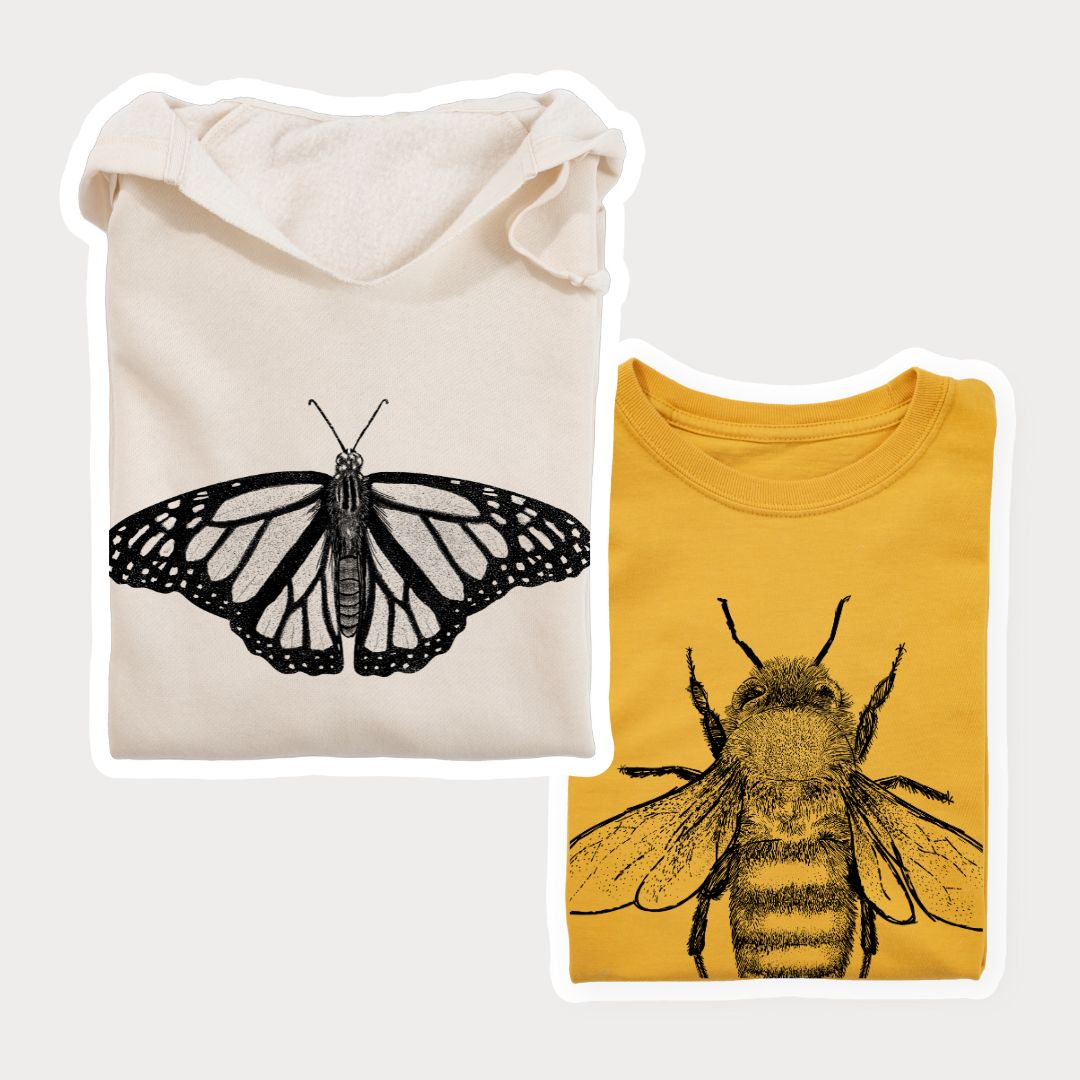
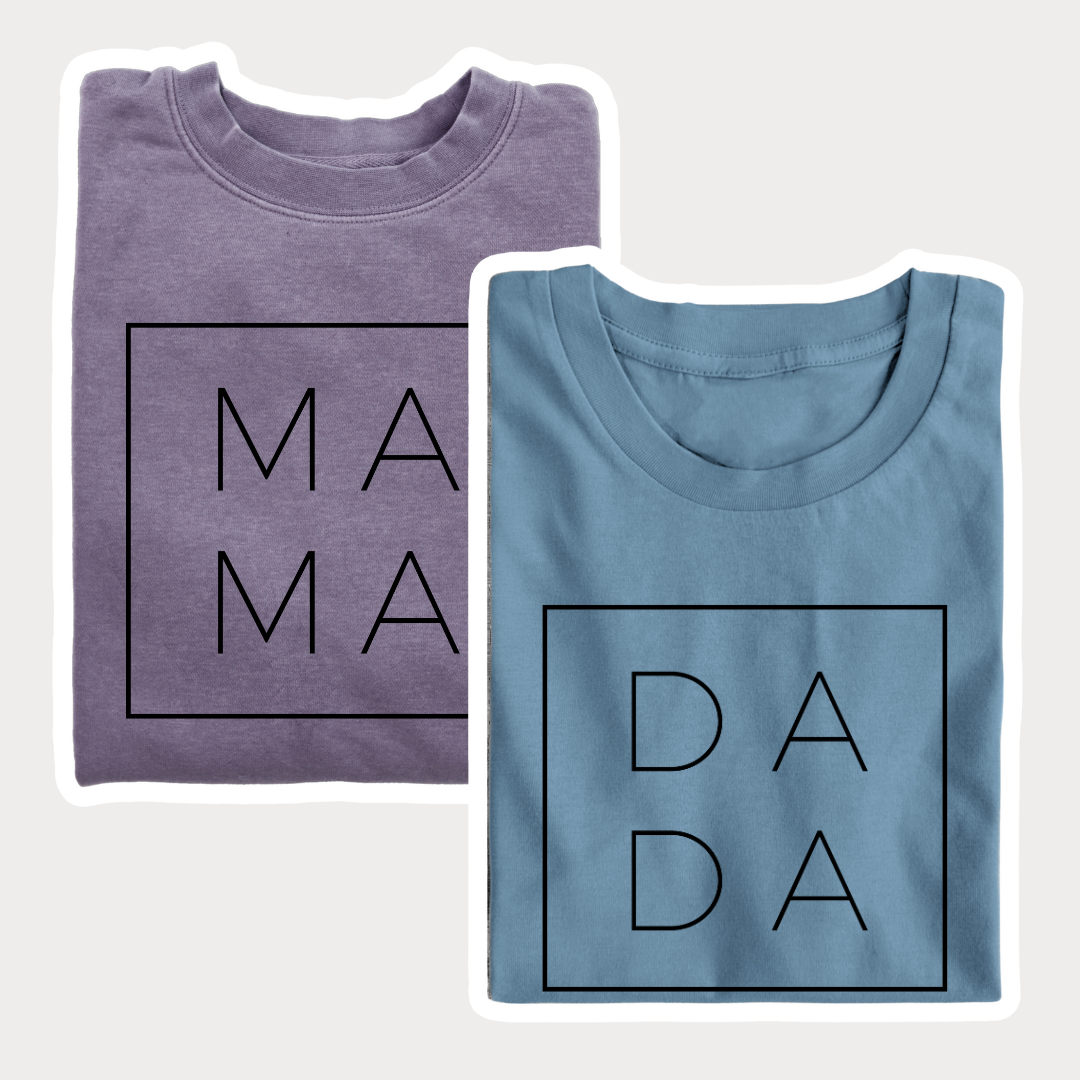
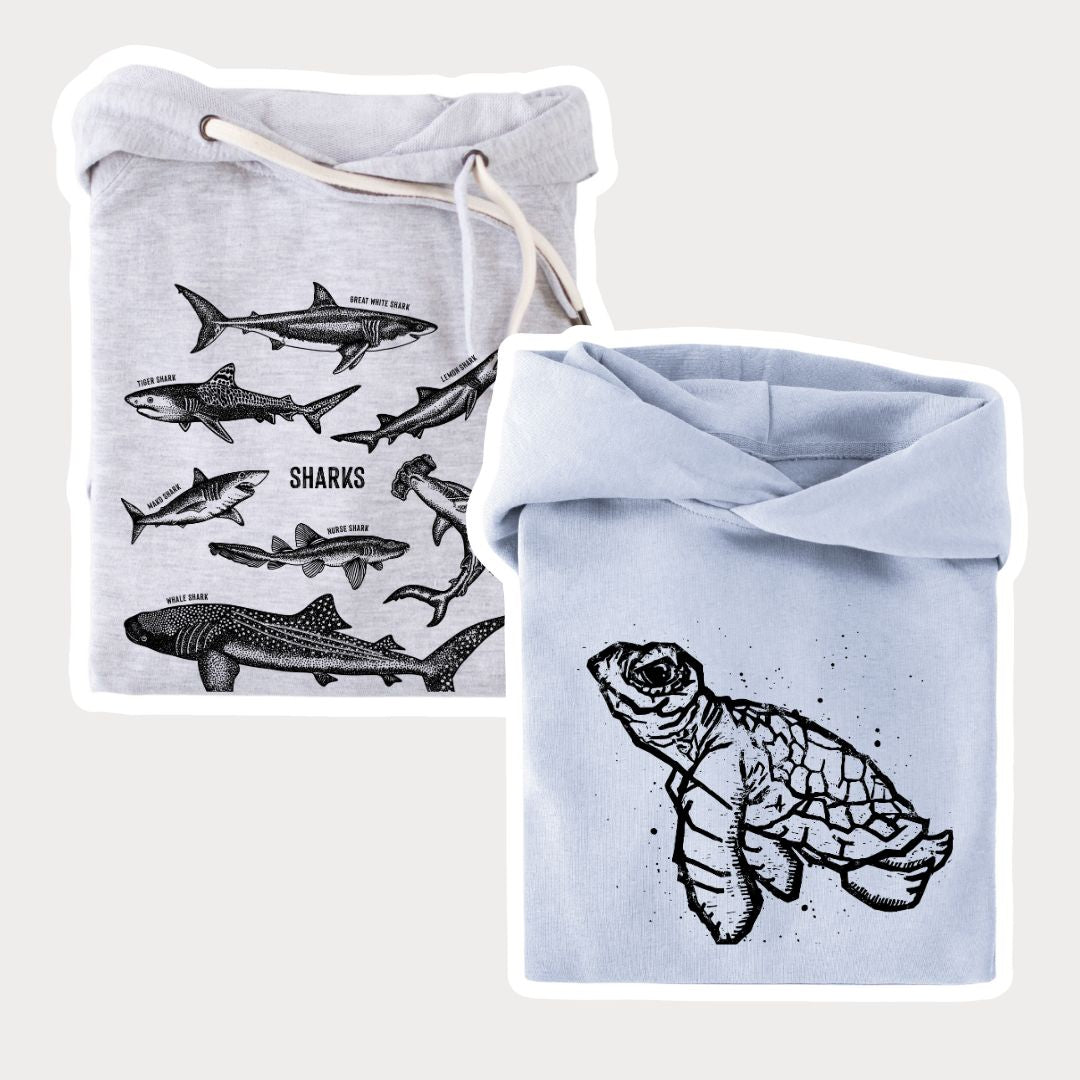
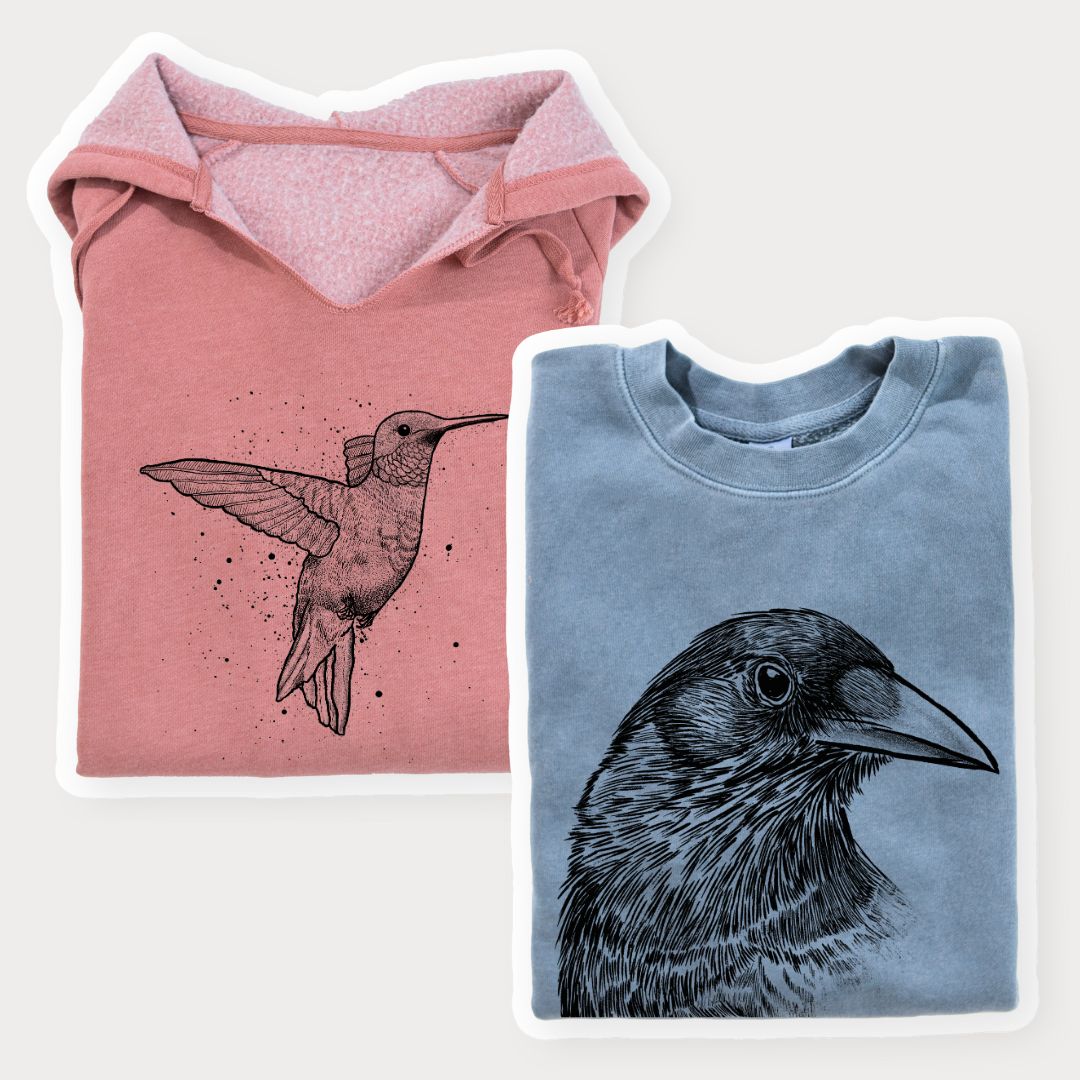
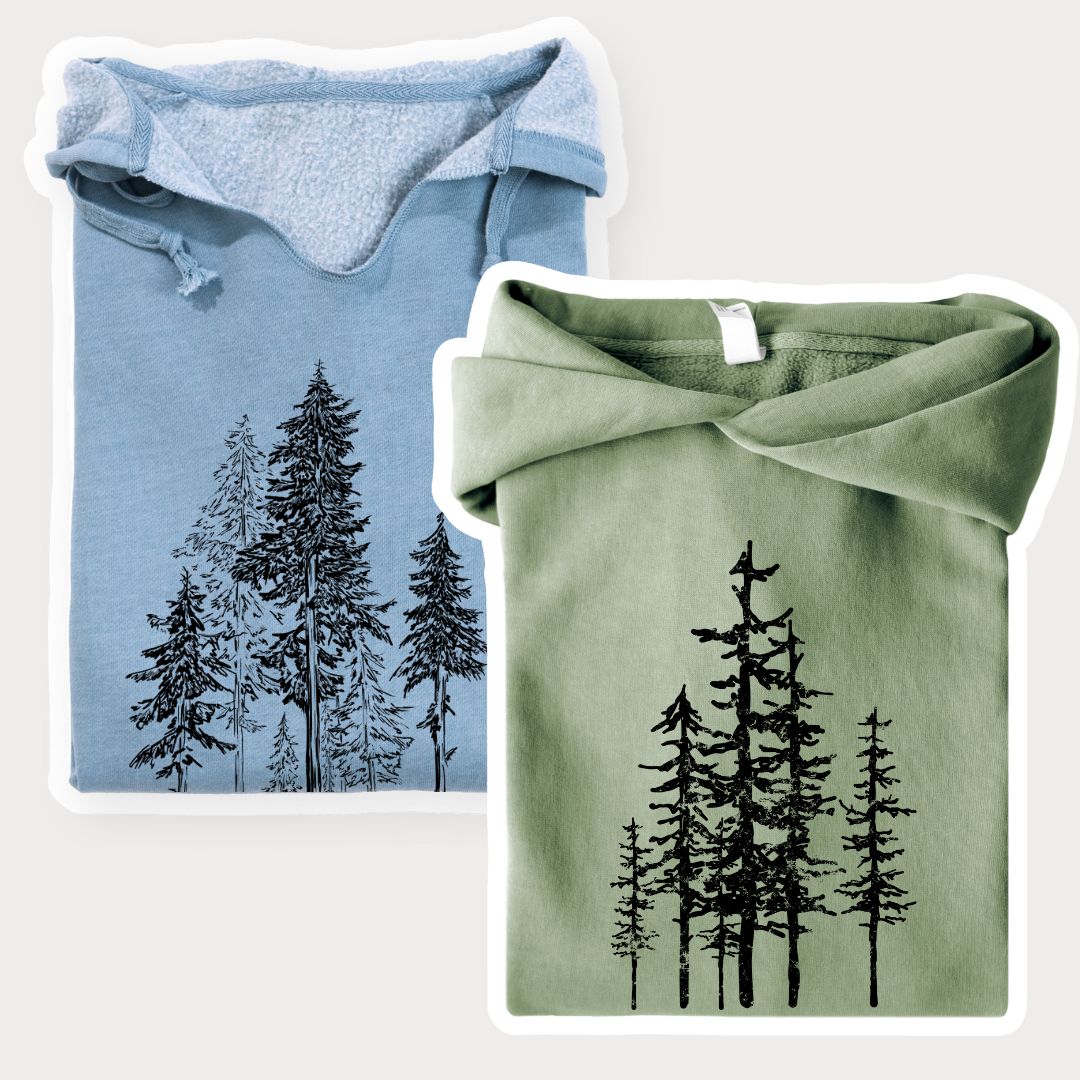
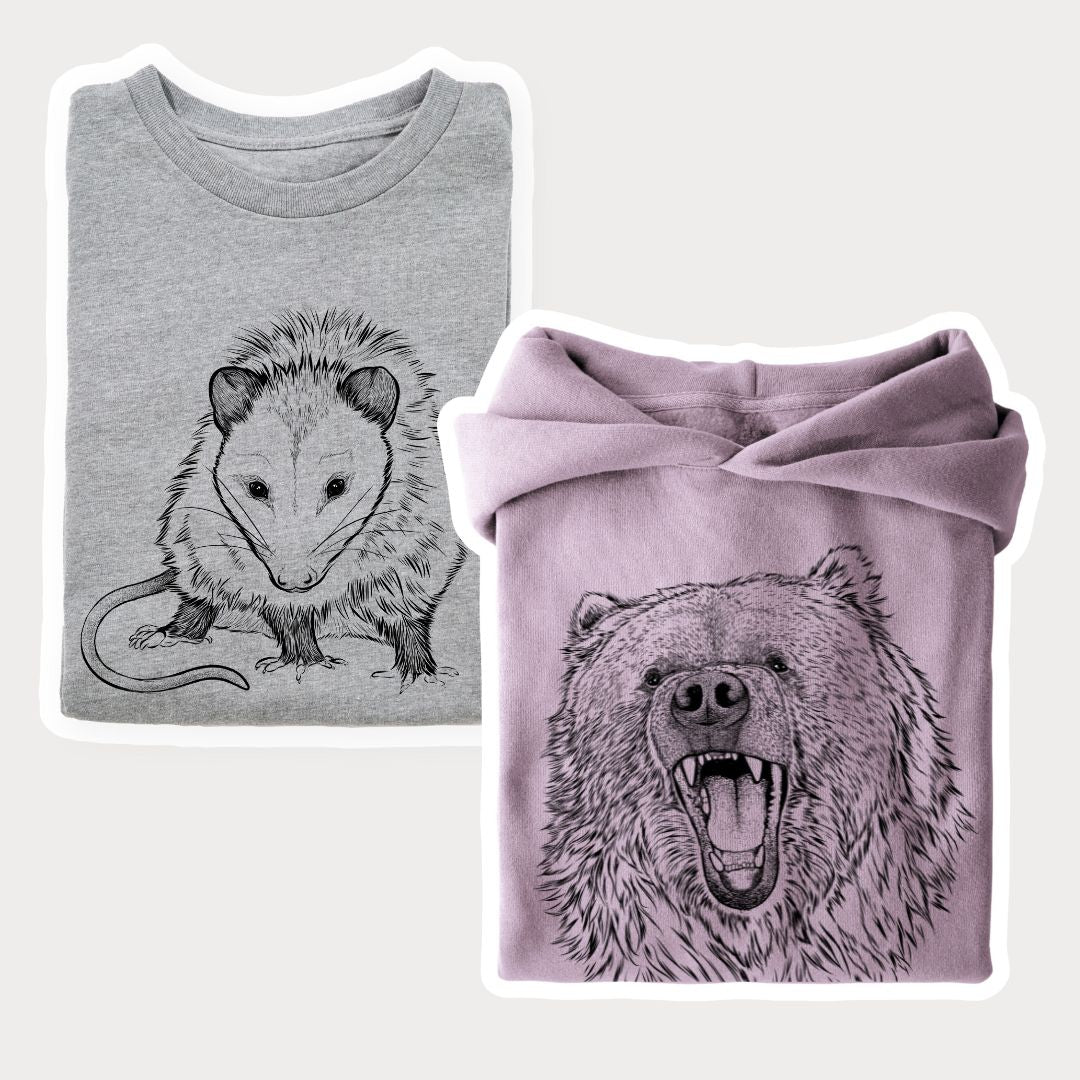
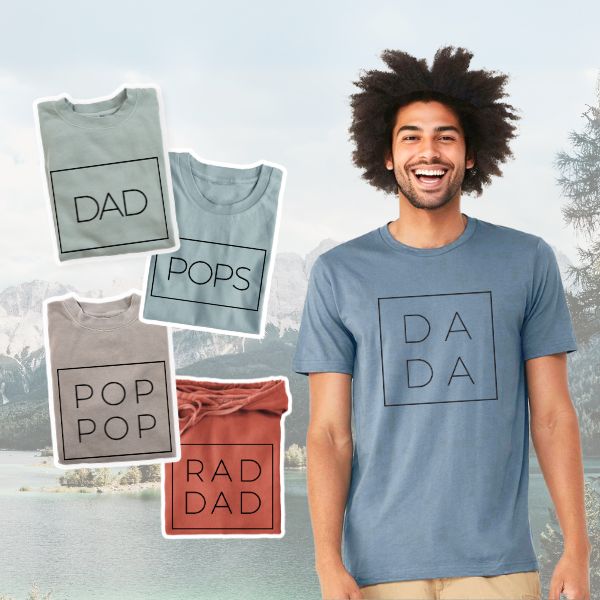

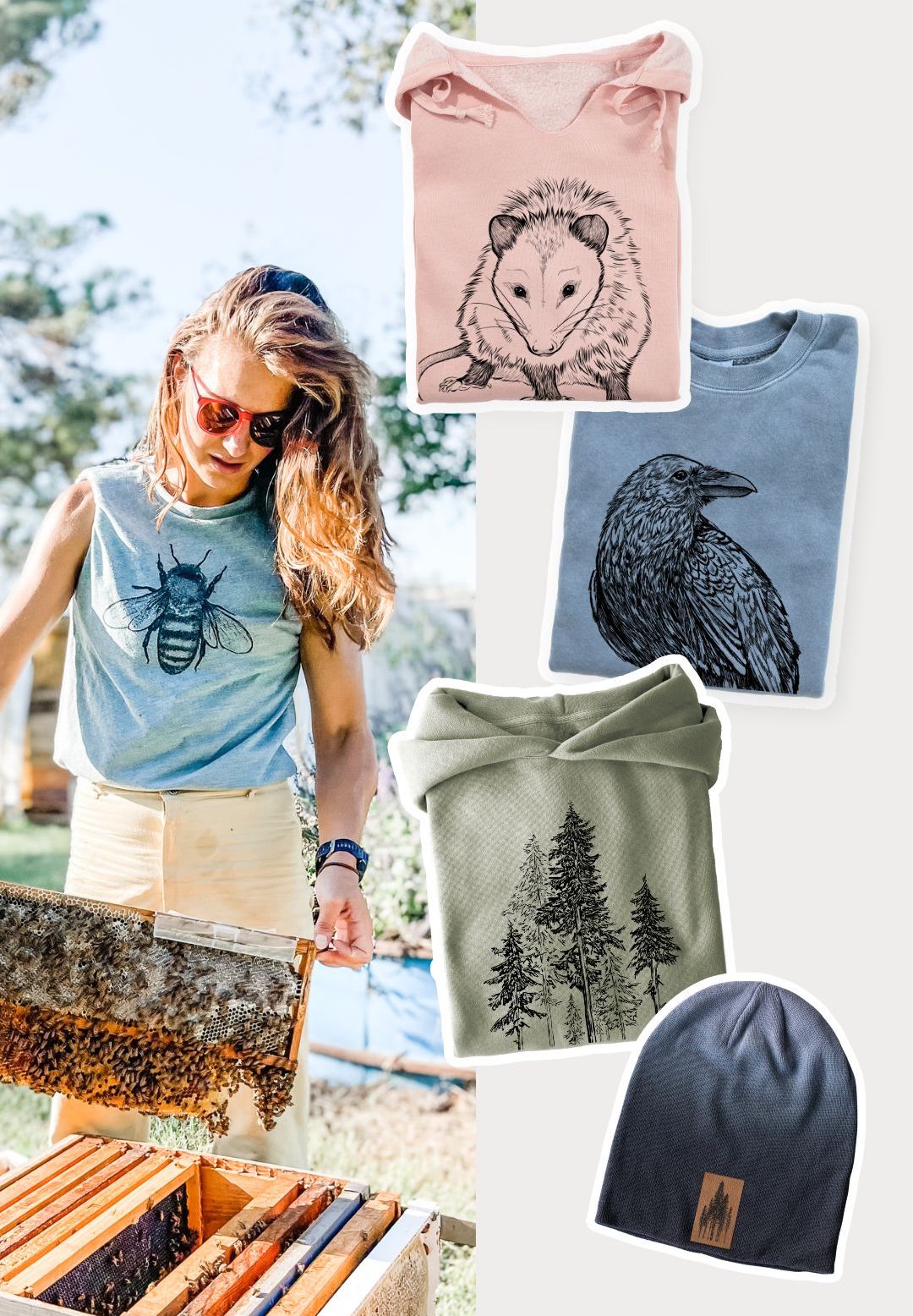

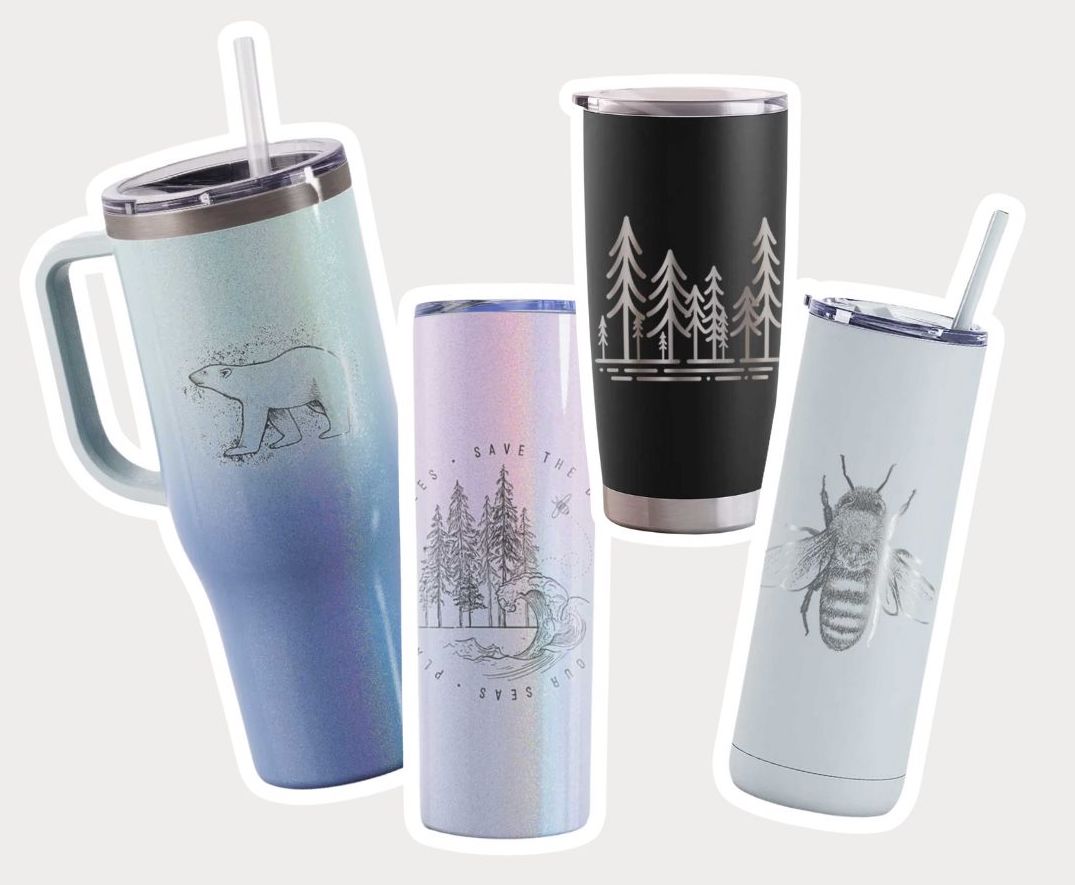

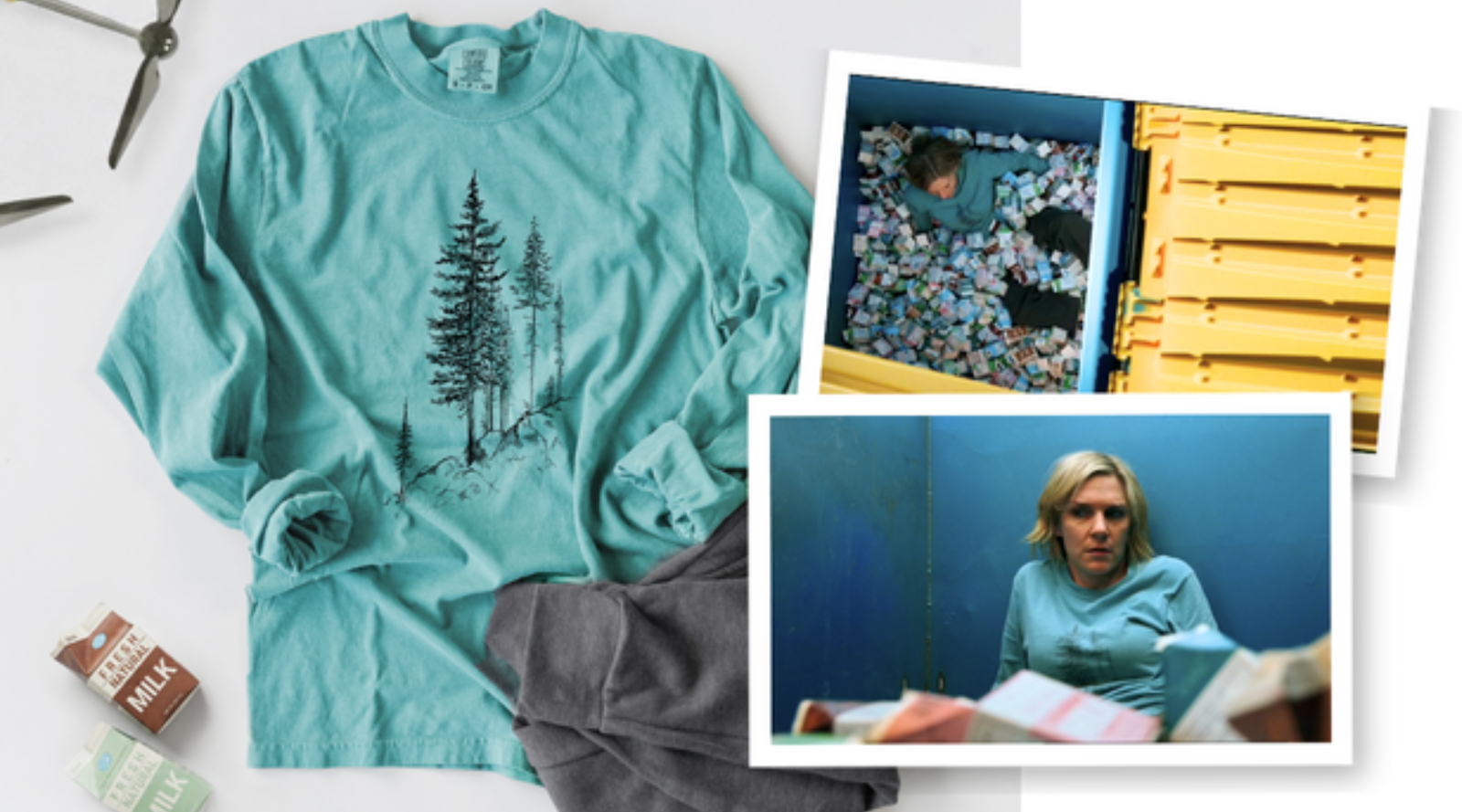


Leave a comment (all fields required)